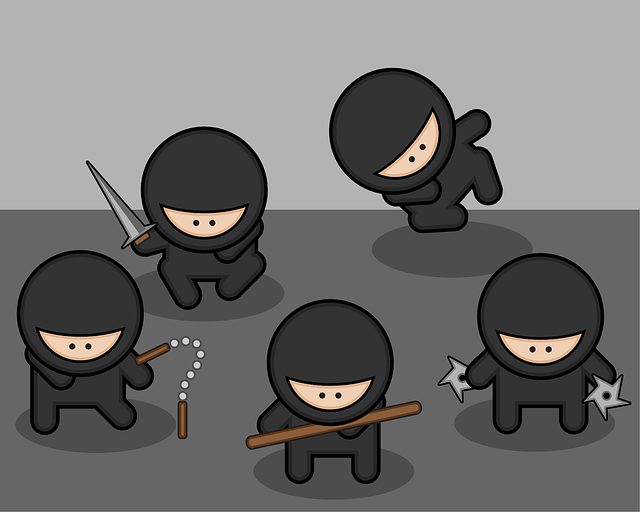The summer after I graduated from high school, I got a job at a discount department store. In my first week on the job, I was trained to use the layaway register. Then the employee who trained me left to work elsewhere. Consequently I was the only non-management employee who knew how to use the register. This made me feel special and important! Unfortunately, it also meant that I got put on 12-hour shifts, and that my lunch break was frequently interrupted, because management needed me to be on that register.
As a software tester or developer, it’s fun to feel like you are the only one who understands how something works! But this is no good for you, or for your company. For example: Bob is the only one who understands the build system. Others can use it, but whenever the slightest thing goes wrong, people call on Bob for help. This means that Bob’s nights and weekends are frequently interrupted by pages, so he never feels like he really gets any down time. Or consider Marge: she is a great software automation engineer who wrote the entire automation test suite. But she is the only one who knows how to run and debug the tests. So when Marge goes on vacation and tests fail, no one knows if there’s something really wrong or if the test is just flaky. This means that sometimes bugs slip out into Production.

It’s great to have specialized knowledge, but make sure you don’t have a monopoly on that knowledge! You need to teach other people to be able to do what you do. Many people object to this idea, saying they don’t have time to teach others. But really, you don’t have time NOT to, because if you don’t you and your product will suffer.
Here are some ways to share what you know with others:
Have someone shadow you
While you are doing that thing that only you know how to do, let someone watch you do it and ask questions. The more they get their questions answered, the more they will understand the process.
Have a group training session
Create a presentation that will show people what you do and how you do it. You can even give them some hands-on activities to practice what they are learning. And if you record your presentation, you’ll be able to teach people in the future without doing a thing!
Do one-on-one training
If something is so complicated that you think you can only train one person to do it, set aside a big block of time to train them. But once they are trained and have proven that they can do the job, make sure they train someone else, because the more complicated something is, the more important it is that several people know how to do it.
Write good documentation
Sometimes leaving clues in the form of really good documentation can be helpful. If you are good at writing directions, you can create a step-by-step process that anyone can follow. One caveat to this suggestion, though, is that software changes rapidly; instructions that are outdated will just serve to frustrate people and make things worse, so make sure to keep your documentation up-to-date.
Let someone else do the job while you are watching
There’s no substitute for having someone try something out themselves, encounter a problem, and figure it out on their own. If you are nearby, you can watch what they are doing and only step in and help if they really need you.
Let someone else do the job while you are elsewhere
Once your trainee is starting to feel more confident, have them do the task while you are off doing something else. Don’t go on vacation, though; be available to help if something goes really wrong.
Having a special skill can be a source of pride, but don’t try to hoard that skill! You’ll make your team better by training others to do what you do. And you may become even more skilled in the process!
Pingback: Five Blogs – 9 November 2020 – 5blogs